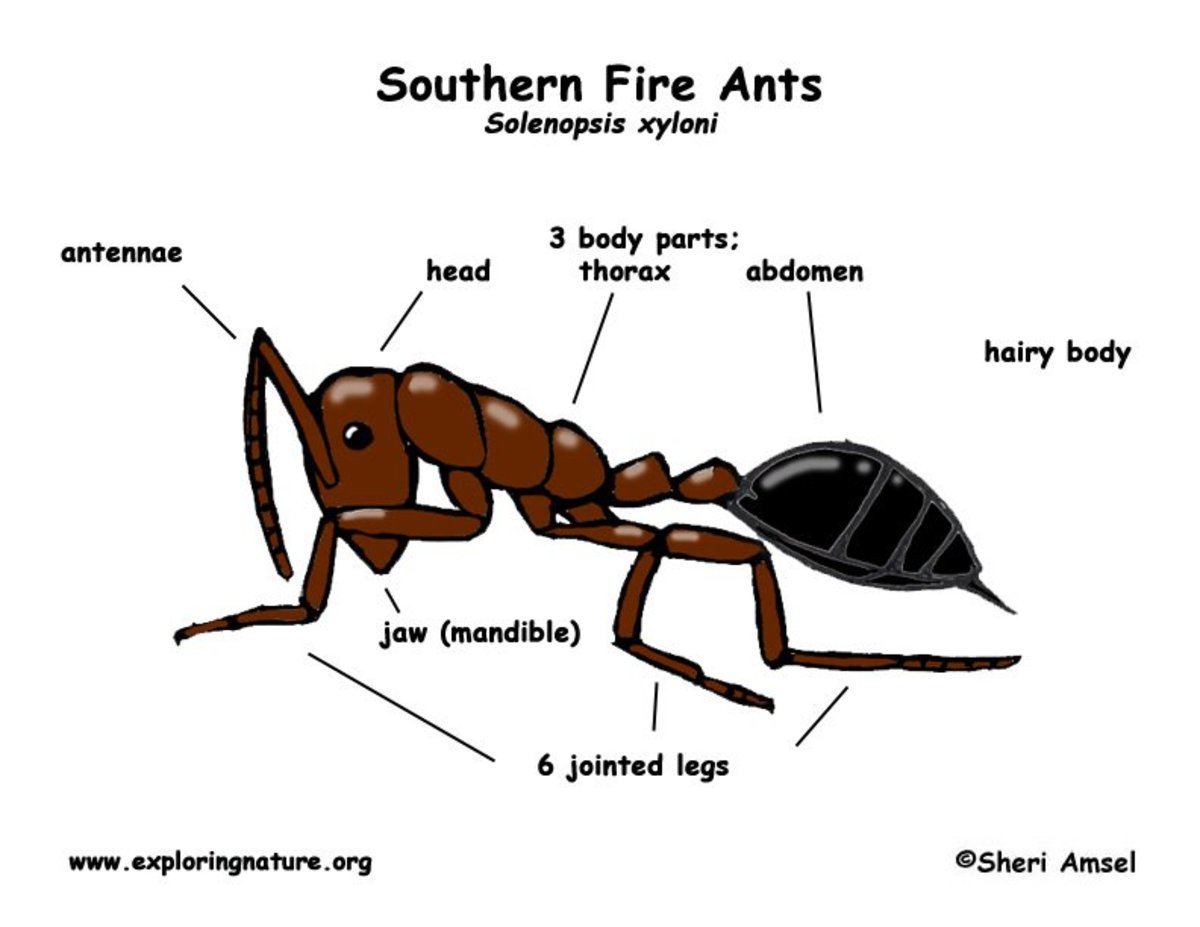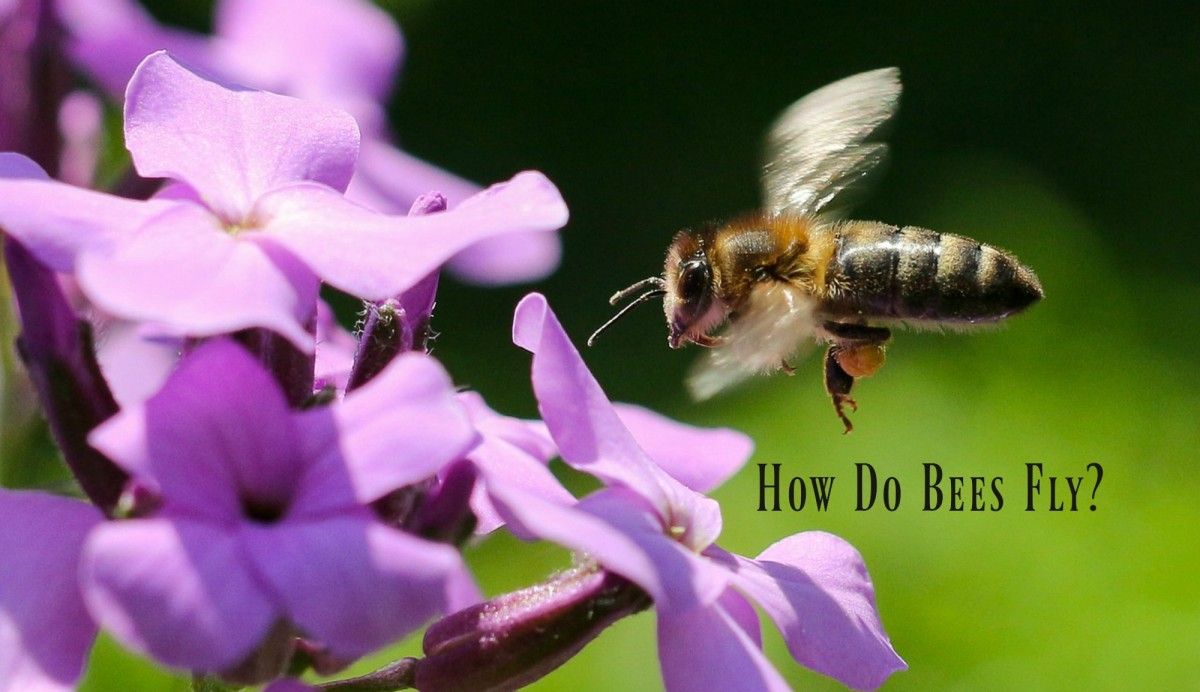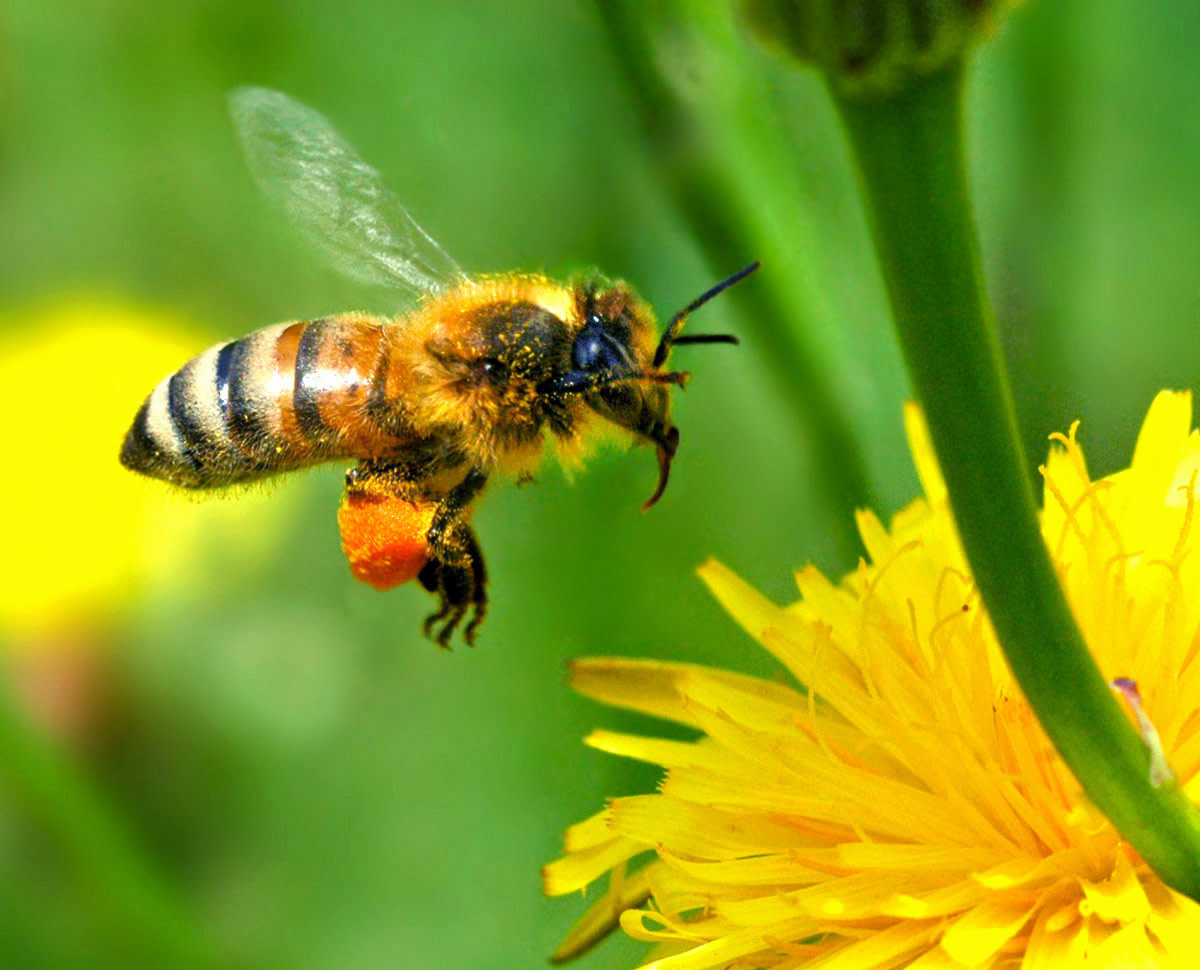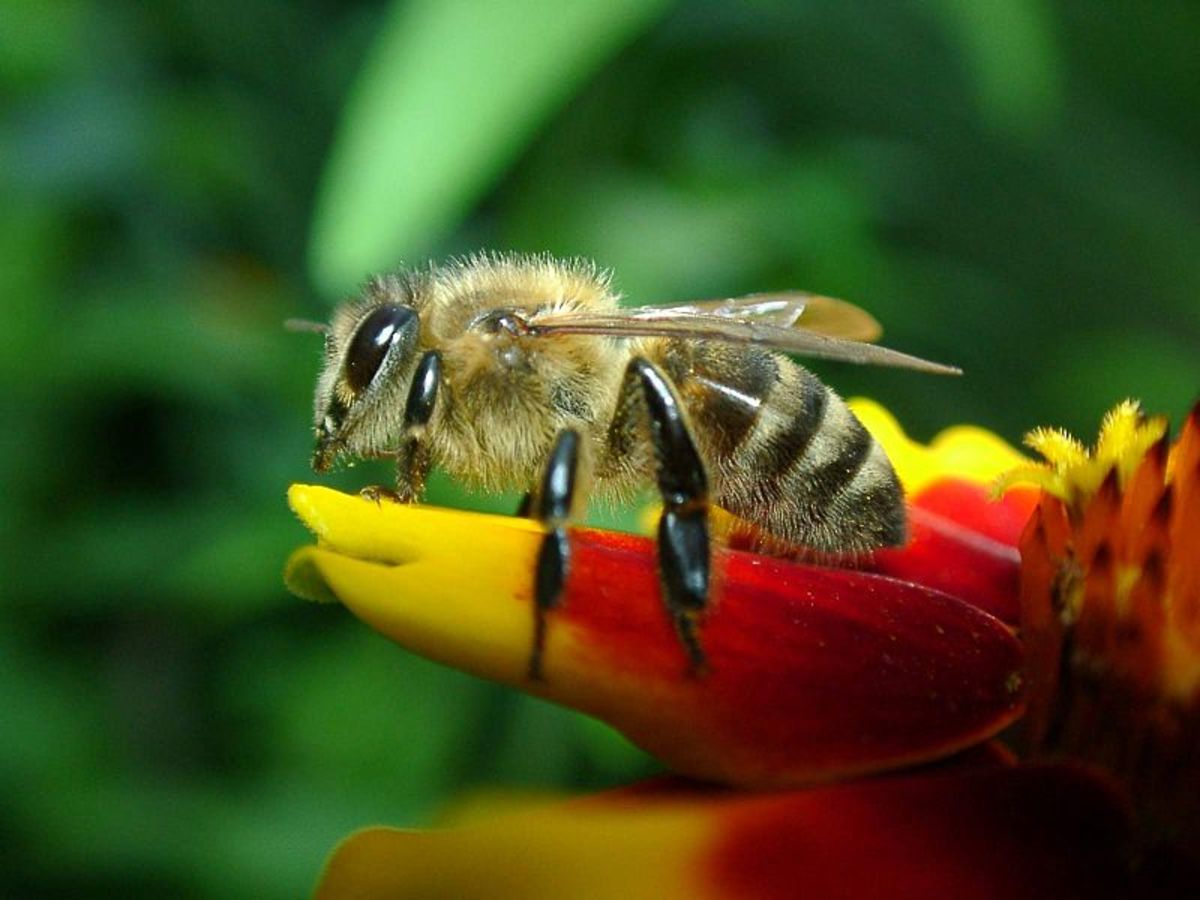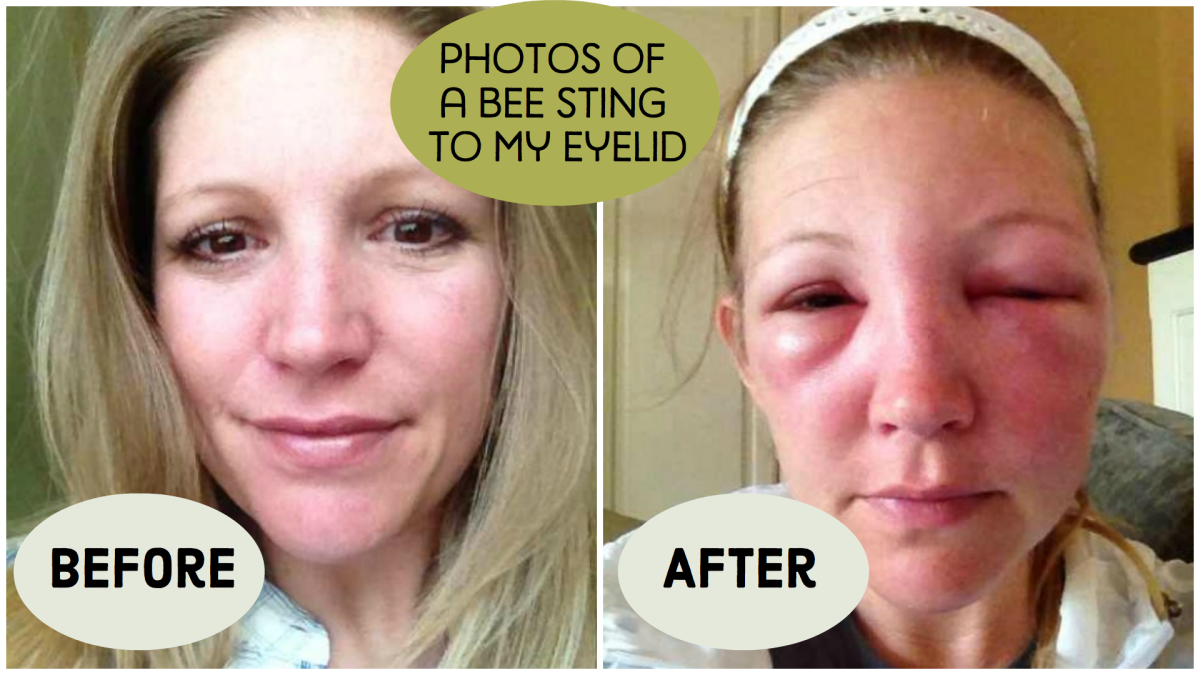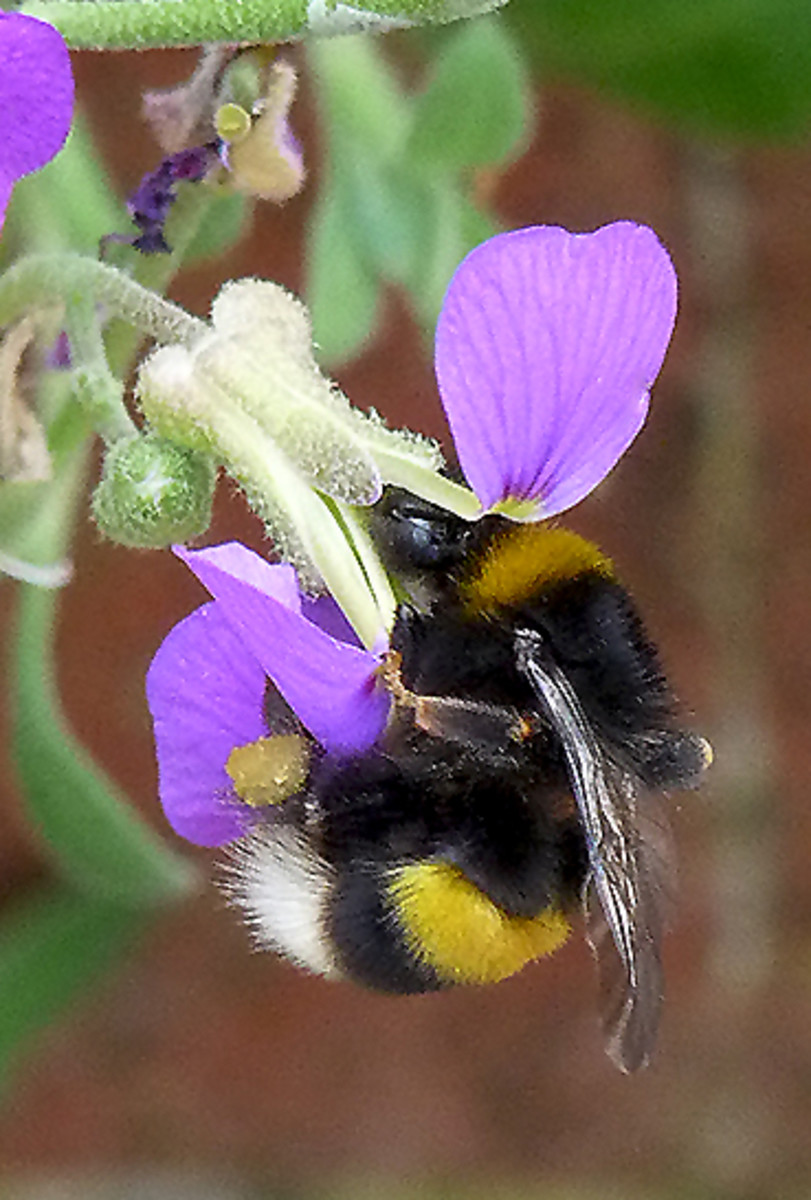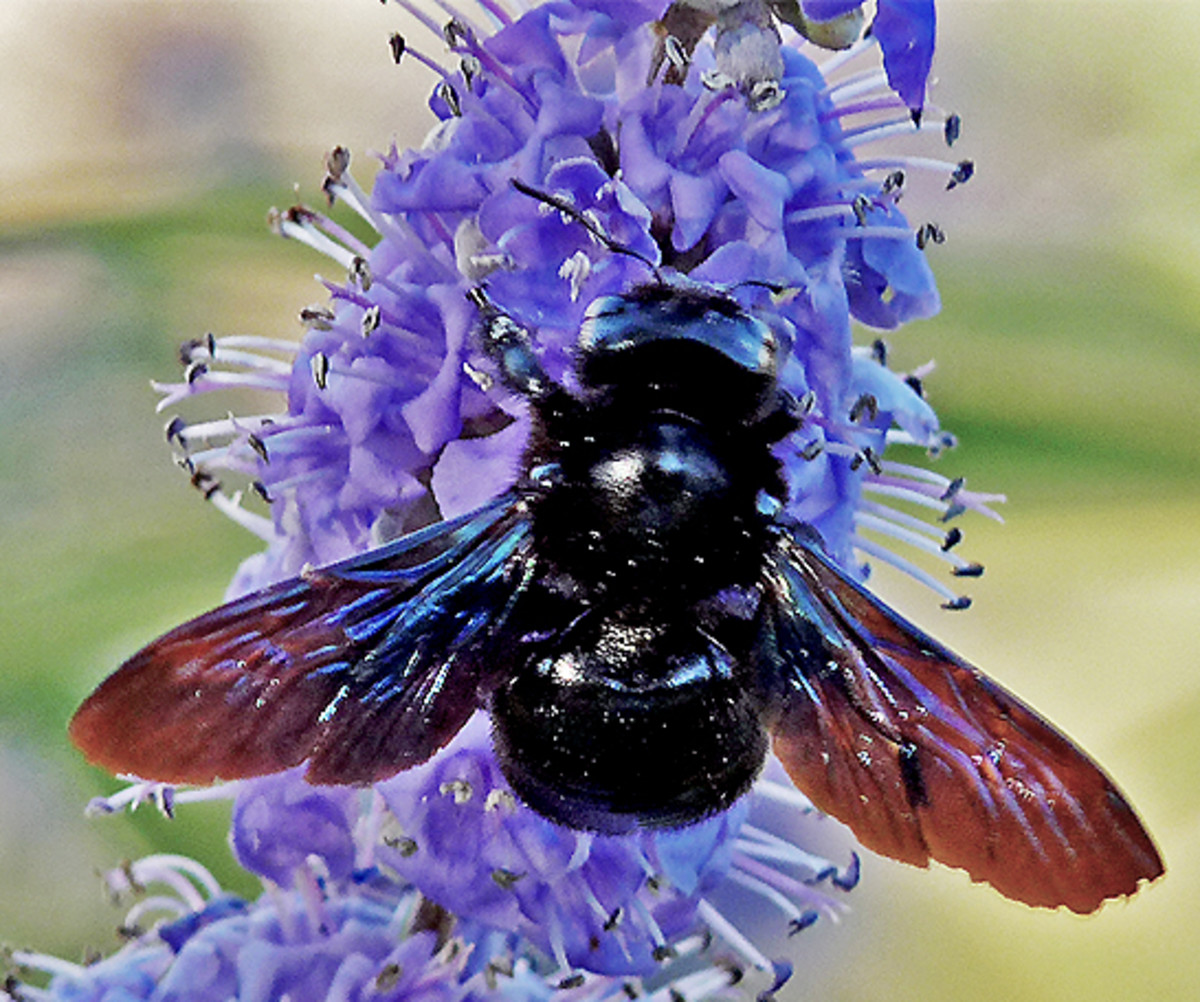Honey -Medicinal and Beauty Benefits - Part II
The Common Bumble Bee
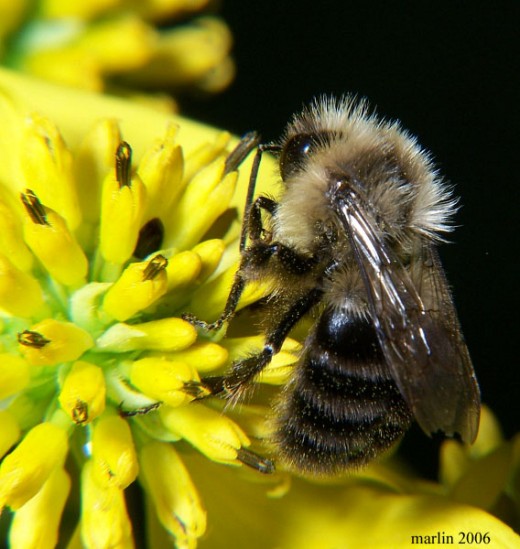
Ground Bees
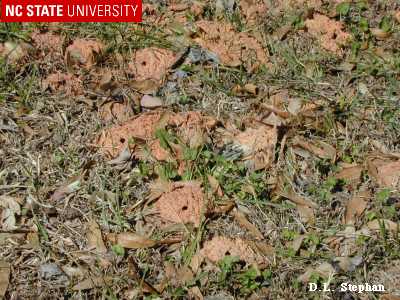
Types of Bees
There are 20,000 types of bees in the world, so obviously I will list just a few of the more common and interesting types.
- Bumblebees are large, hairy, black and yellow, display social behavior and live in colonies,. They flourish very well in tropical climates.
- Honeybees are described in Part I of this series.
- Carpenter bees have metal like black color with no yellow. They tunnel into solid wood so sawdust near a tree with an opening could be a warning.
- Ground bees dig tunnels to provide shelter for their progeny and are usually found in well-shaded areas with loose soil and little vegetation. They can sting, but they are not very aggressive.
- Parasitic bees are also called “cuckoo” bees. They don’t search for food or build nests but they live off of the nests of solitary bees by sneaking in, laying eggs in the chambers before the host can lay their own. They live off the food provided and when the females are born they kill the queen bee and they all take over the new hive. Not a very nice species!
Africanized bee: These are better known as "killer bees" and are very aggressive. Initially, they came into Europe and just attacked hives killing the queen bee and taking over. They spread from South America and are in the lower south western US and spreading. Certainly stay away from them if at all possible.
There are so many bees that you could easily write a book just on them and their idiosyncrasies.
Killer Bee
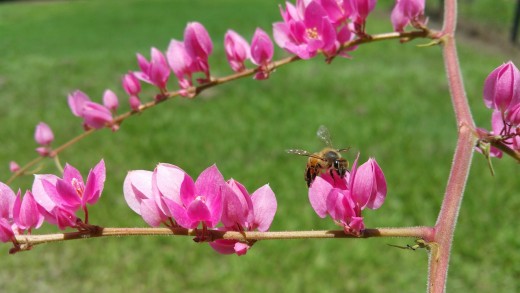
Killer bees - don't provoke an attack - Ultimate Killers - BBC wildlife
Honey as Medicine
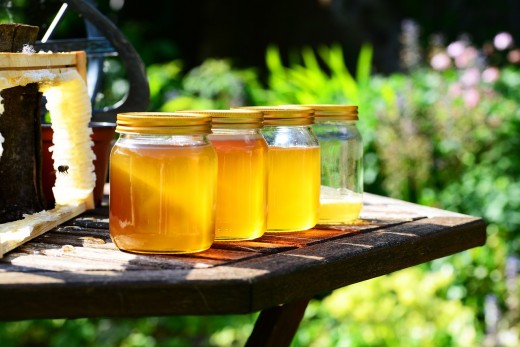
Honey a Great Antioxidant
Honey has many medicinal and beauty benefits beyond satisfying the palate. The benefits of honey are amazing as it is sweeter than sugar but moderate consumption doesn’t cause weight gain. It is a powerful antioxidant, yet it has all the goodness of fruits and vegetables.
The proof of this claim is its chemical composition of complex sugars, complex carbohydrates, vitamins, minerals, amino acids and antioxidants. The antioxidants fight free radicals and reverse aging. I would be pleased if it just stopped aging! Free radicals are everywhere; in food, in the air we breath, and in the sunshine.
The antioxidants neutralize the free radicals, thus the benefits. In two studies of antioxidants in honey the first one from the University of Illinois concluded honey had a mild protective effect and the second study by University of California concluded that honey has as many antioxidants as spinach, apples, oranges or strawberries.
Honey is a great antiseptic because of its antioxidant and anti-bacterial properties. It has cleansing properties for your body and health, which include skin care and healing. Its powerful healing attributes have been used for thousands of years and were known to promote healing for cuts, cure ailments and diseases, and correct health disorders for many generations.
In a 2007, study Dr. Shona Blair from the University of Sidney concluded that honey dressings should be used as a first line of defense, not as a last resort. Honey also reduces inflammation, helps shed dead tissue, and stimulates the development of new blood cells.
A 2008 study conducted by University of Amsterdam investigated the antibacterial capability of medical grade honey (Revamil). They concluded that honey is a promising topical antimicrobial agent for prevention or treatment of infections, including those caused by multi-drug resistant bacteria.
Honey, Honey - Mamma Mia!
Various Remedies Using Honey
Honey is the perfect energy booster rather than that can of Red bull or some other caffeine drink. Many people start the day with the cleansing tonic which is tasty and easy to make.
Recipe to start the day:
Mix 1 tsp of honey and one tsp. of lemon juice into a cup of warm water and drink it before breakfast.
Honey possesses carcinogen preventing and anti-tumor properties and it is curative and these properties make honey is anti-cancer aid according to Dr. Ron Fessenden, who is a scientist that has studied the properties of honey.
Combat the effects of a hangover when you drink too much alcohol by using this recipe.
15 ml (3 tsp.) liquid honey
80 ml (5-6 tbsp.) orange juice
70 ml (5 tbsp.) natural yogurt
Blend together until smooth.
This recipe works because honey is gentle on the stomach and contains a mix of natural sugars which speeds up the oxidation of the alcohol by the liver which acts a sobering agent.
Honey has antimicrobial properties which will help to treat a sore throat and kill bacteria. Professional singers soothe their throats with honey before performances. You can take a spoonful of honey to soothe the inflammation or gargle:
Mixture:
2 tablespoons of honey
4 tablespoons of lemon juice
A pinch of salt and drink up.
Insomnia:
Glass of hot milk
Add a teaspoon of honey to calm the soul and induce sleep.
Or, add 1 or 2 teaspoons of honey to a cup of chamomile tea and sip.
Buckwheat honey at bedtime if more effective for curing coughs and sleeping difficulties in children than over the counter cough suppressants.
Arthritis or “joint inflammation” pain is one of the most common ailments today. Fibromyalgia, osteoarthritis, rheumatoid arthritis and gout are all common problems and treatable with the combination of honey and cider vinegar.
Manuka UMG Honey
Many people use Manuka UMG honey which is very well know for its anti-bacterial healing properties. Manuka UMG honey comes from New Zealand and Australia.
Unique Manuka Factor or commonly known as UMF and is the only worldwide standard in identifying and measuring the antibacterial strength or quality of some strains of Manuka. The ordinary Manuka honey has hydrogen peroxide antibacterial properties, which is common in most types of honey.
The UMF honey has more potent antibacterial properties than regular honey. It is a very stable compound and is not easily destroyed by light or heat. UNF Manuka is known as “Medihoney” in some pharmacies which are preferred for wound dressing and it is also effective in treating stomach ulcer symptoms and gastritis. It aids the natural cure of skin ulcer, wounds, burns, boils and cracked skin. Many skin care products contain UNF manuka.
Researchers are not sure exactly where the UMF comes from, as it is not found in the Manuka flowers but belongs to the Tea Tree bushes found in New Zealand, and it not necessarily produced every year.
The concentrations vary from UMF-10 to UMF-25, and of course the higher the number, the more expensive. Another unique feature of this honey is the mineral content is 4 times higher than normal honeys. Apparently the taste of this honey is an acquired one.
Avocado & Honey Homemade Facial Mask
Tips for Honey Skin Care
Honey is great for skin care, and various remedies are listed below.
Facial cleansing: Mix honey with ground almonds
Firming mask: Whisk a tbsp of honey together with an egg white, 1 tsp. of glycerin and approximately 1/4 of flour. Smooth on your face and leave for 15 minutes, then rinse off with warm water.
Moisture pack: Mix 2 tbsp. of honey with 2 tsp. of whole milk, smooth over the face and throat leaving on for about 15 minutes, then rinse off with warm water and finish by splashing with cold water.
Moisture lotion: If you have patches of dry skin on your elbows, hands, or other areas of your body mix 1 teaspoon of honey with 1 teaspoon of olive oil and a 1/2 teaspoon of lemon juice, then apply. Wash off after 15 minutes...
Egg Yolk mask: 1 tsp honey, 1 tsp. glycerin, 1 egg york. Mix and apply for 15 minutes then wash off with cool water.
Lip Balm: Honey rubbed on chapped lips or for acne is effective due to the antibacterial properties.
Hair care: Mix 1 tsp. of honey into 4 cups of warm water. Use as a hair rinse. If you are blond, add the juice of one lemon.
Conclusion of Honey Bees, Part I and II
As you can see from this two part series on bees, particularlyhoney bees, there is a lot to learn. There is a lot of research and money being put into the problem of the disappearing problem. It seems that pesticides are going to be a big part of the answer. I watched a show on PBS about a year or two ago addressing this problem and they said that in France they have eliminated some pesticides which sees to have helped the problem.
Of course, we need the bees for agriculture but isn't it marvelous how healthy honey is for your body? The antimicrobial and antibacterial properties are marvelous, and it is so healthy for as an energy booster plus the antioxidants are not to be overlooked. I enjoy a little honey in a cup of green tea every day.
The copyright, renewed in 2018, for this article is owned by Pamela Oglesby. Permission to republish this article in print or online must be granted by the author in writing.

